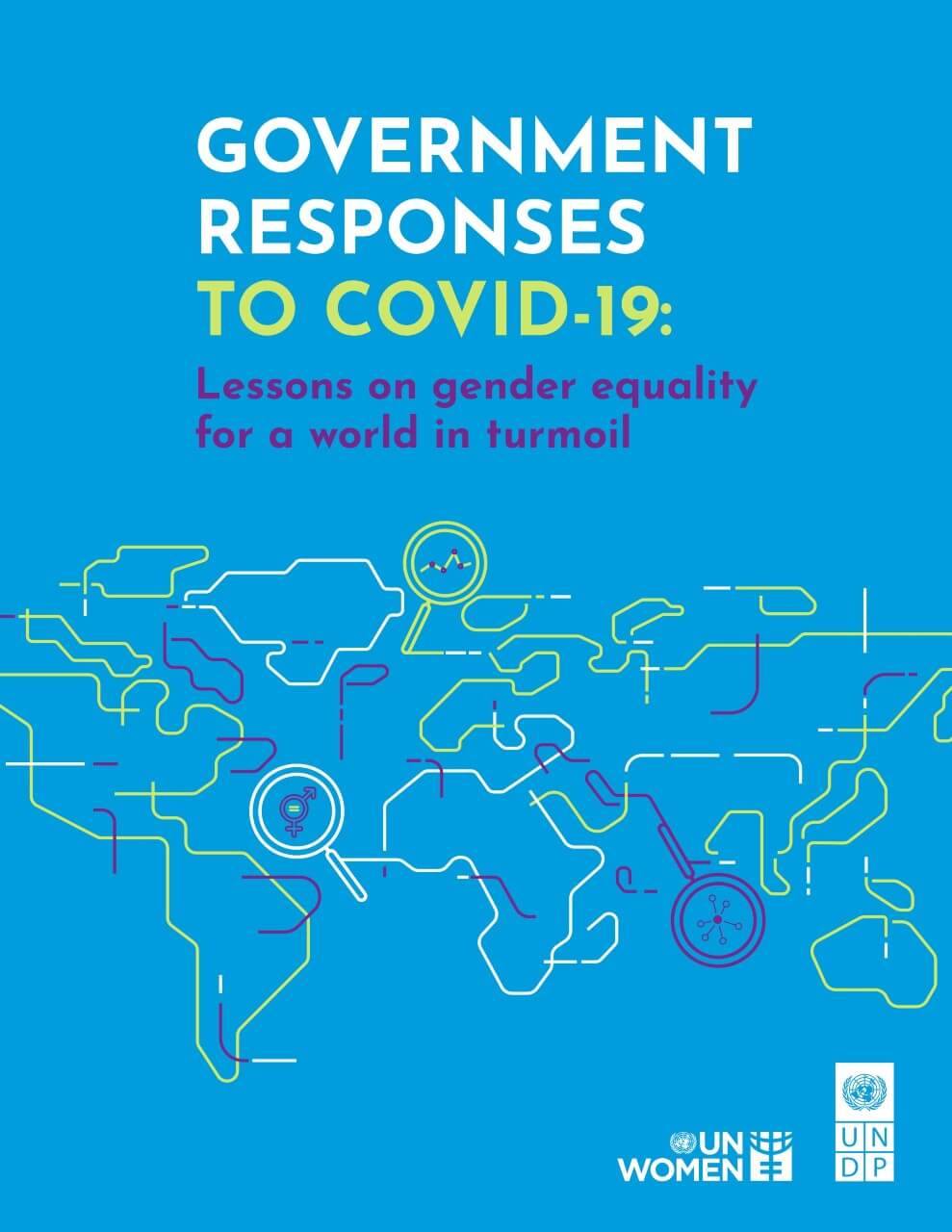COVID-19 and Gender Equality: Insights from Government Responses
The global pandemic has presented unprecedented challenges across various sectors, necessitating swift and impactful responses from governments worldwide. One significant aspect of COVID-19 management has been its impact on gender equality. As we analyze the lessons learned from government responses, it is crucial to highlight how these strategies can inform future policies aimed at promoting gender parity, particularly in crisis situations.
Understanding COVID-19’s Gendered Impact
COVID-19 has not affected everyone equally. The pandemic has exacerbated existing inequalities, particularly for women who represent a large proportion of the frontline healthcare workforce and are often primary caregivers at home. According to a report by UN Women, there are notable discrepancies in how men and women handle the challenges posed by the pandemic.
Gender-Sensitive Responses: A Necessity
The findings indicate that gender-sensitive policies are not just beneficial but essential during a crisis. Governments that adopted proactive measures to address gender disparities were more effective in mitigating the impacts of the pandemic. For instance, countries that implemented flexible work arrangements and increased funding for domestic violence services tended to see better outcomes in maintaining gender equality during the pandemic.
Critical Areas of Focus
- Healthcare Access: Women particularly faced barriers in accessing healthcare, including reproductive health services. Ensuring that these services remained operational during lockdowns was paramount.
- Economic Support: Economic relief packages that considered the unique challenges faced by women, such as job loss in female-dominated sectors, were vital.
- Violence Against Women: The surge in domestic violence cases during lockdowns highlighted the need for strong legal protections and support services for victims.
Lessons from Successful Governments
Countries that responded effectively to these gendered impacts often utilized data-driven approaches to identify specific needs. For example, New Zealand’s government quickly implemented a childcare support scheme and prioritized women’s issues in their recovery plan.
Moreover, nations like Germany and Sweden offered comprehensive support systems that included mental health services, recognizing the increased anxiety and stress levels among women due to the pandemic.
Why AI and Automation Matter
As businesses and governments embrace digital transformation to navigate the post-pandemic world, AI consulting and tools like n8n are becoming essential. Automating workflows can help streamline processes, ensuring that gender-sensitive measures are efficiently implemented. For instance, AI can assist in analyzing data to tailor public health messages that cater to specific demographics—helping to promote gender equality effectively.
Future Considerations
Moving forward, it is imperative for HR professionals and business leaders to advocate for policies that are inclusive and considerate of all genders. By learning from the COVID-19 pandemic, organizations can foster environments that support gender equality both in times of crisis and in everyday operations.
Final Thoughts
The insights gathered from government responses to COVID-19 underline the importance of integrating gender considerations into all aspects of policy-making. The lessons learned are invaluable in shaping a more equitable future. By prioritizing gender equality in recovery efforts, we can build a more resilient society that supports all individuals in the face of future challenges.
In conclusion, as we continue to navigate the effects of the pandemic, let us not forget the vital role of gender in our societal responses. The government’s strategic interventions serve as a beacon for future policies aimed at creating a fairer and more just world.






